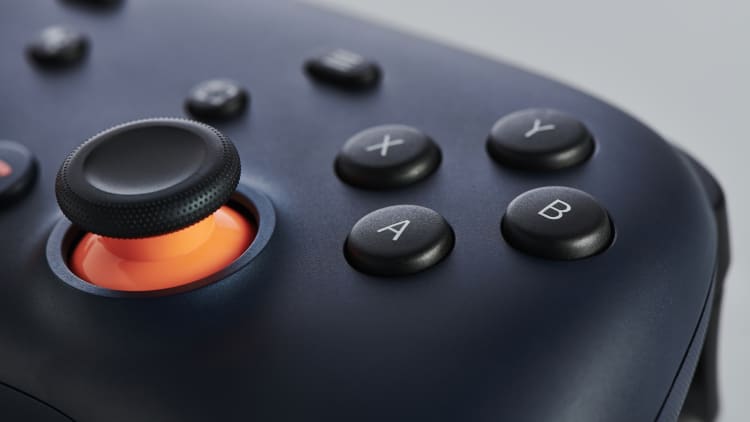From left, Tim Stuart, chief financial officer of Xbox at Microsoft; Phil Spencer, Microsoft’s CEO of gaming; and Microsoft finance chief Amy Hood arrive to court in San Francisco on June 29, 2023.
David Paul Morris | Bloomberg | Getty Images
Microsoft’s finance chief advised employees not to “build a gold toilet” during a 2018 meeting, according to emails that came up during federal court hearings last month over the software maker’s planned Activision Blizzard acquisition.
The quip might invoke a 2016 social-media claim (proven false by Snopes) that former President Donald Trump owned a solid gold toilet. Rapper MC Hammer reportedly did too. Whatever inspired it, the reference seems to highlight the potential for richly valued technology companies to build products just because they can, ignoring the likelihood that they won’t resonate with many customers.
“Amy’s words from the meeting in the Fall still ring in my ears – ‘don’t build a gold toilet,'” vice president Catherine Gluckstein wrote in a February 2019 email to Phil Spencer, CEO of gaming at Microsoft. Gluckstein works on advertising and the cloud-based game-streaming service formerly known as xCloud.
A Microsoft spokesperson declined to elaborate on Hood’s remarks.
Immediately before the toilet comment, Gluckstein mentioned Microsoft’s plans to test xCloud with consumers. She noted that she was unclear on what Microsoft was trying to determine with the tests and where the feature would fit in with Xbox’s go-to-market strategy.
“I’ve made that mistake on too many products, and I’m sure everyone else has too, when we’ve built features before we answered the core questions,” Gluckstein wrote.
Spencer wrote in reply that mobile gamers don’t necessarily want to play a hardcore game such as Halo on their phones while using an Xbox controller over Bluetooth.
“This is building the gold seat (for our existing TAM),” Spencer wrote. “It doesn’t help us grow.”
Perhaps Microsoft ought to stop what it was doing and start picking up intellectual property and releasing mobile games, or it could acquire a mobile game publisher such as Nexon, Spencer added.
When Gluckstein responded, she wondered about lesser forms of in-house development that Microsoft could explore.
“What struck me is are we trying to run one perfect experiment when perhaps we should be running multiple ‘ceramic toilet’ experiments (smaller scope, more scrappy),” Gluckstein wrote. “Would this be a better way to move on from ‘guessing.’ Are we pushing ourselves to learn the customer WHY fast enough?”
Microsoft moved forward with xCloud beta testing in late 2019. But over five days of court hearings in June, Microsoft executives testified that xCloud, now known as Xbox Cloud Gaming, has failed to become a viable alternative to PCs or Microsoft’s Xbox consoles, where games can run locally. Earlier this year Google shut down Stadia, its take on game streaming.
Microsoft hasn’t given up on cloud gaming. But it’s also chosen to grow through dealmaking. Last year the company announced its intent to buy Activision Blizzard, which makes mobile hit Candy Crush Saga, for $68.7 billion. A federal judge will decide if Microsoft can close the transaction, despite objections from the Federal Trade Commission. British regulators have also tried to block it.
Read the emails from Spencer and Gluckstein regarding Hood’s “gold toilet” comments below.
